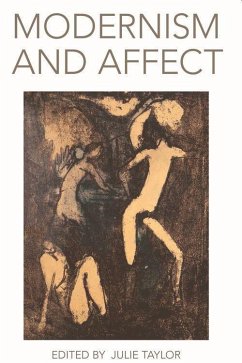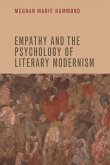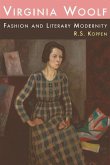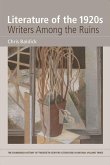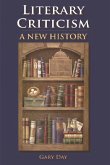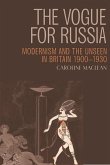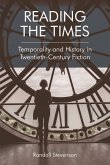'This volume offers a lively, provocative, state-of-the-art contribution to modernism and affect theory. While the focus on canonical authors such as Joyce and Woolf will appeal to students, the volume opens up new perspectives on modernist writing by engaging with visual arts, as well as by attending to the dynamics of affect.' Maud Ellmann, Randy L. and Melvin R. Berlin Professor of the Development of the Novel in English at the University of Chicago This collection reconsiders Modernism in the light of the humanities' 'affective turn' This book addresses an under-researched area of modernist studies, reconsidering modernist attitudes towards feeling in the light of the humanities' turn to affect. The 11 original chapters and chapter-length introduction consider the affective dimensions of a range of forms and media - including literature, architecture, philosophy, dance, visual art and design - tracing modernism from its origins in the nineteenth-century to its afterlives in the postwar period. Modernism and Affect engages with contemporary theories of affect but also turns to a surprisingly wide range of theoretical models - including psychoanalysis, phenomenology, critical theory and poststructuralism - as it emphasises the complexities of modernist affect and emotion. Key Features - Presents 11 original essays by international scholars exploring the relationships between modernism and affect - Offers a multi- and interdisciplinary approach to modernist studies - Challenges the assumption that modernism is marked by a lack of interest in the emotions - Outlines influential theories of affect for scholars and students of modernist studies Julie Taylor is lecturer in American Studies/Literature at the University of Northumbria in Newcastle, UK. She is the author of Djuna Barnes and Affective Modernism (2012) and has recent and forthcoming publications on American modernism in the journals Modern Fiction Studies, Modernism/Modernity and Twentieth Century Literature. Cover image: Three nude figures, 1910, by Otto Mueller (1874-1930) (c) The Art Archive / DeA Picture Library / M. Carrieri Cover design: [EUP logo] www.euppublishing.com

